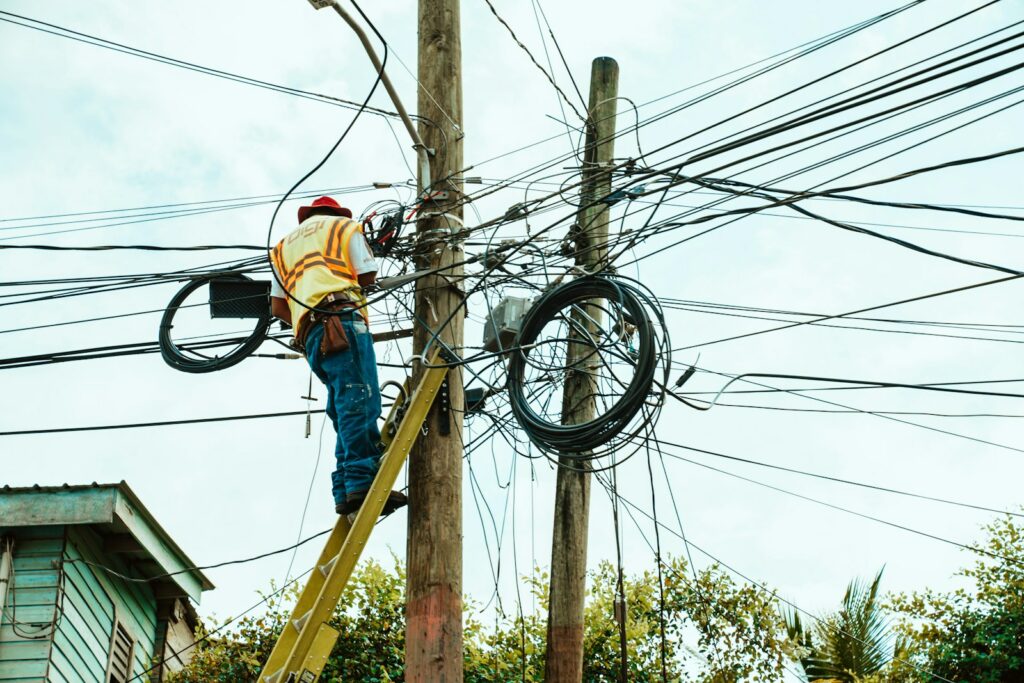Public Utility Privatization and Reform in Developing Countries
by Branko Terzic
Numerous privatizations of electric utility systems occurred around the world in the period after the Thatcher Era (1979-1990). Thatcher’s government privatized electricity, natural gas, telephone and water utilities in the United Kingdom. The former Warsaw Pact countries of Central and Eastern Europe as well as new republics of former Yugoslav federation and successor states of the Union of Soviet Socialist Republics (USSR) considered, and many adopted, privatizations in the electricity and natural gas utility sectors. Following that lead Asian and African countries also all considered and some implemented privatizations.
European Union (EU) member states at that time also determined that competition in energy-electricity and gas- should be EU policy and in a series of directives the member countries established independent regulators without the requirement of privatization. In France, for example state ownership remained, but an independent regulator was established to regulate rates for third-party access to France’s transmission network.
As the United States was the country with the longest continuous policy of regulation of privately owned monopoly, called “public utility” and “public service” companies, the US model of regulation by independent and “expert” regulatory agency was implemented around the world. The regulatory scheme was one dependent on “scientific regulation” in which expert regulators, or regulators advised by experts, having complete access to all utility data, could “scientifically” establish the correct rates for the monopoly public utility services. The regulators, in the US scheme, are independent of partisan political pressure in that their positions were secured with long-term fixed appointments and their decisions subject to appeal only to judicial authorities on sound legal basis.
Most countries adopted the US “commission” structure with 3-5 members serving staggered terms. Spain initially appointed a nine-member commission because, as it was explained to me, “We have nine political parties and each party wanted to have a say in future rates.”
One thing I have observed in my five decades of experience with regulated utilities is that regulation only works when all the pieces are in harmony with: adequate and comprehensive laws, professionally qualified regulators, and independent judiciary.
Here is a list of issues, observed in many countries, which have frustrated new investment and been a barrier to adequate, reliable and reasonably priced utility services:
There are governance deficiencies
- Executives and managers are political appointees and changes with changes in political majorities
- No independent regulator was established or trained in advance of transition
- Regulators follow political leadership and do not act independently
Management is inadequate
- Management changes with Party in control of parliaments
- Patronage appointments all along the line.
- Bloated workforce
- Self-dealing and fraud related to issuance of contracts
- Line losses are at unacceptable levels due to lack of attention
Electric Service is inadequate
- Insufficient generation capacity leading to brown outs and blackouts
- Insufficient reserve capacity
- System lacks key transmission assets
- Rural populations are still not served
- Maintenance is not sufficient
Electric service is unreliable
- Customers are subject to unacceptable level of outages
- Voltage and frequency fluctuations are at dangerous levels
- Customer service is below standard including billing inaccuracies and call center operations
Revenues are inadequate due to government regulatory policies or restrictions
- Rates are too low due to a long delay between rate cases
- Rates are too low due to failure of regulator to adhere to internationally recognized “cost-of-service” principles
- There is a large amount of money in the “billed” but “not paid” accounts
- Government agencies frequently are the main culprits
- Large state-owned enterprise are allowed to not pay bills
Revenue is inadequate to cover costs due to government proscribed electric utility “terms of service” relating to connection and disconnection policies
- Connection and disconnection rules not adequate or not enforced
- Illegal connections on distribution system have been enabled by corruption in distribution system, government denies disconnection due to “public safety”
- No disconnections allowed by government policy for non-payment of bills
- Regulation does not allow for “pre-paid” meter services
The ills listed above can be found in both privately owned utilities as well as in state owned utility enterprises. Privatization will cure these ills only if the regulation: is based on sound law, implemented by professionally competent independent regulators and supported by the courts or executive branches of government.
The Honorable Branko Terzic is a former Commissioner on the U.S. Federal Energy Regulatory Commission and State of Wisconsin Public Service Commission, in addition he served as Chairman of the United Nations Economic Commission for Europe ( UNECE) Ad Hoc Group of Experts on Cleaner Electricity. He holds a BS Engineering and honorary Doctor of Sciences in Engineering (h.c.) both from the University of Wisconsin- Milwaukee.
#BrankoTerzic #energy #regulations #experience #research #future #opportunity #strategy #management #people #electricity #power #utilities #renewables #RenewableEnergy #energysector #powergeneration #energyindustry #powergrid #power #electrical #gas #oil #cost #transportation #US
